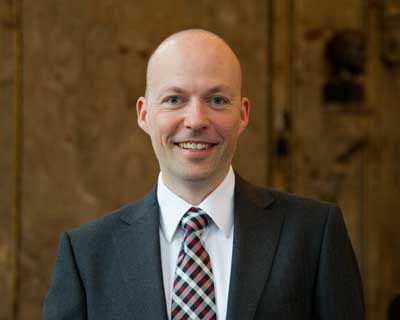
Date: April 4th, 2024 (12:30 pm – 1:30 pm)
Speaker: Björn Bartling
Paper Title: “Free to Fail? Paternalistic Preferences in the United States” with Alexander Cappelen (Norwegian School of Economics), Henning Hermes (info Institute Munich), Marit Skivenes (University of Bergen) and Bertil Tungodden (NHH)
Abstract: We study paternalistic preferences in two large-scale experiments with participants from the general population in the United States. Spectators decide whether to intervene to prevent a stakeholder, who is mistaken about their choice set, from making a choice that is not aligned with the stakeholders’ own preferences. We find causal evidence for the nature of the intervention being of great importance for the spectators’ willingness to intervene. Only a minority of the spectators implement a hard intervention that removes the stakeholder’s freedom to choose, while a large majority implement a soft intervention that provides information without restricting the choice set. This finding holds regardless of the stakeholder’s responsibility for being mistaken about the choice set – whether the source of mistake is internal or external – and in different subgroups of the population. We introduce a theoretical framework with two paternalistic types – libertarian paternalists and welfarists – and show that the two types can account for most of the spectator behavior. We estimate that about half of the spectators are welfarists and that about a third are libertarian paternalists. Our results shed light on attitudes toward paternalistic policies and the broad support for soft interventions.
Bio:
Björn Bartling is Professor of Economics at the University of Zurich and Vice Chairman of the Department of Economics. In his research, he uses empirical methods to study the impact of social and moral motivations in economic contexts.
Professor Bartling is also a Visiting Professor at the Centre for Experimental Research on Fairness, Inequality and Rationality (FAIR) – The Choice Lab, NHH Norwegian School of Economics, and serves as Associate Editor for the Journal of the European Economic Association and for Management Science.